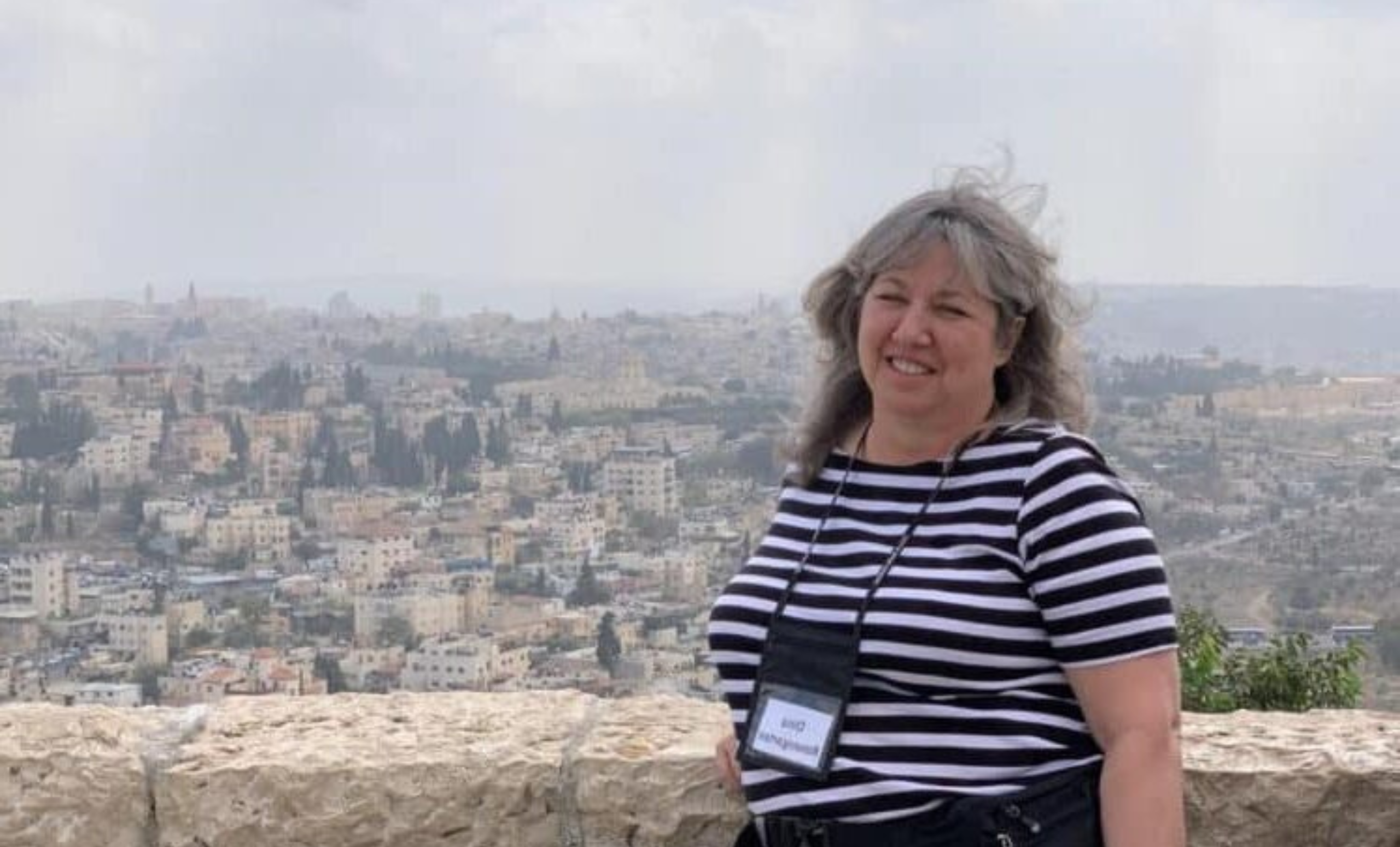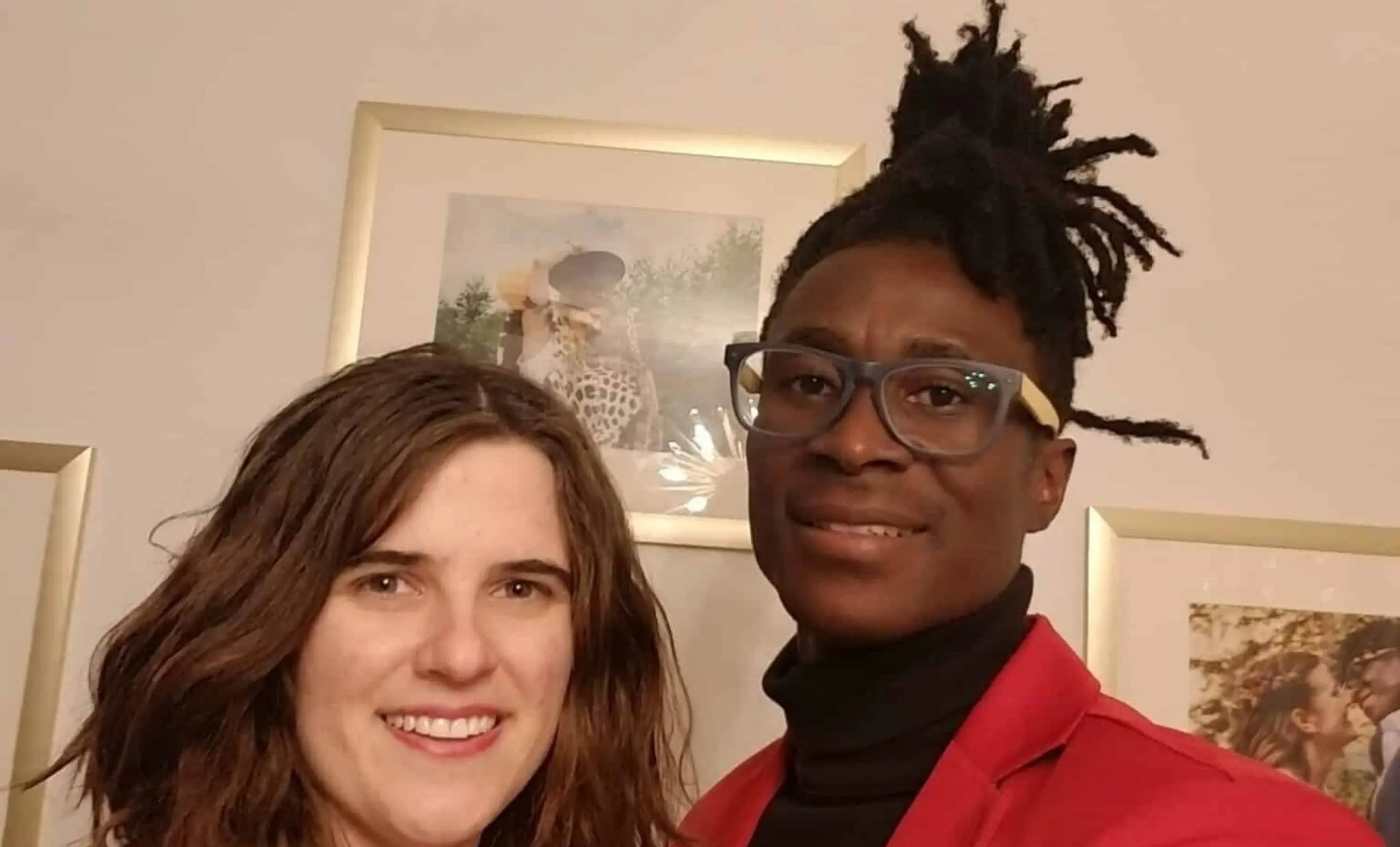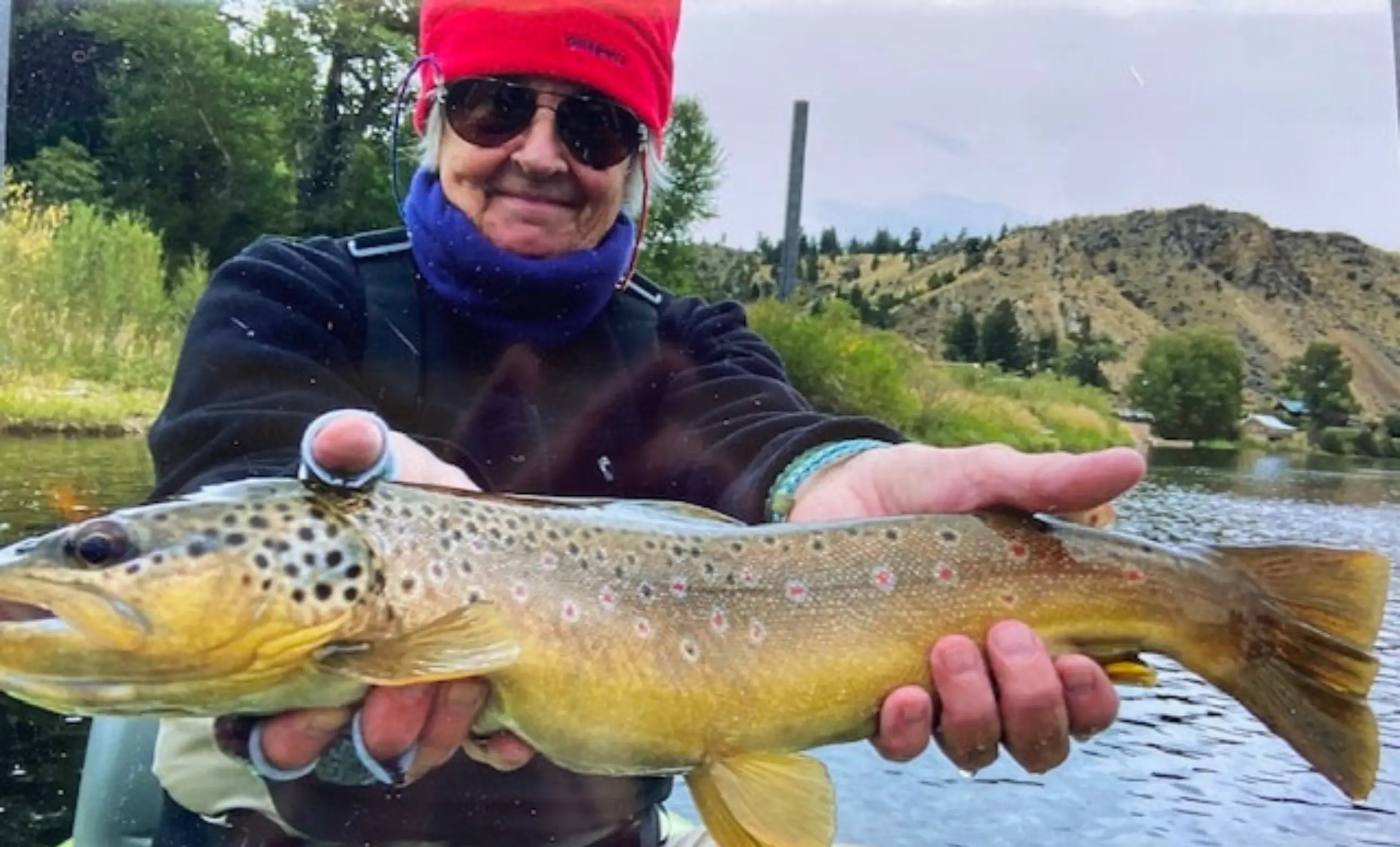Sophia Dunne, a Tu Nidito intern and senior at the University of Arizona, never thought she would work with grieving children. She was studying with her friend Jasmine, an avid Tu Nidito volunteer and advocate, when she overheard Jasmine’s presentation via Zoom to a group of college students. Jasmine told the story of a little boy who lives two hours away from Tu Nidito and “begs” his parents to bring him to a support group twice a month. Sophia thought to herself this place must be pretty special if a child begs to travel 4 hours roundtrip to spend 90 minutes in a support group.
In her studies in public health and political science, Sophia has grown passionate about systemic health disparities and is focused on a career path to address global health inequities. Perhaps this is why the story of the little boy, who travels two hours to a support group, sparked her curiosity. She had a true “AHA” moment during her studies when she realized how different the world looks depending on where you live and your access to the resources others might take for granted. Having grown up with access, she became focused on figuring out how to change the systems that preclude it.
During my conversation with her I felt her commitment to finding solutions and dedicating her life to this work. And she is using the skills and knowledge she gained at Tu Nidito as a springboard. She shared that the volunteer training changed her world view. She uncovered something about herself that so many of us feel, saying, “How can I help them – how will they trust me? I don’t have the same experiences.” Sophia thought she had to fix people and wondered how she could if she didn’t share their life experiences.
In her words, “The training is intentional, as is the work of Tu Nidito. There is a “WHY” that is uncovered for everything we do and say.” At Tu Nidito, we practice what we preach, we uphold our values of caring, responding and making a difference. She shared the simplicity of passing the talking stick in a support group and how it gives participants the time and space needed to reflect and speak or pass the stick to another. We honor the silence. She understands this work is about listening and deeply hearing what is being shared.
Attending her first group as a trained volunteer sent her into a bit of a tailspin. It is our practice to go through the group roster naming who will be attending and their loved one’s cause of death. She panicked, thinking, “How am I supposed to help these kids? I can’t fix them.” At that moment, the training came full-circle. She was not present to fix anyone. The kids were doing the heavy lifting, they will fix themselves, they know best. Sophia knew her place was to provide resources and to listen. She shared, “Grief is individual, each person’s pain and conflict is so different.”
She goes on to say, “I am continuously blown away by these kids and their level of emotional intelligence. They can verbalize “Today I Feel…”. Their strength and resilience are not a privilege yet a tool they have earned from their experiences. Sophia shared, “We have to honor their journey to resiliency, which is through their experiences of death. They put in so much work and vulnerability to gain their strength and resilience, so the mere compliment of you are “so strong” does not speak to the depth of their work”.
Tu Nidito has taught Sophia that she does not need to be a fixer but rather a listener and it also revitalized her commitment to work with kids. “I love kids! They are refreshing. The way they see their world is authentic.” She shared this with a smile on her face and wonder in her eyes.
Sophia will graduate in May and join the Peace Corps. She wants to experience different perspectives, cultures, beliefs and values, knowing that her journey will inform how she approaches her work to address health disparities and access to care. I know she will do the heavy lifting that she learned from our kids at Tu Nidito as they began to fix themselves.
Related Posts
I had the opportunity to talk with Dina about her connection to Tu Nidito and the why behind her volunteer commitment. She is simply [...]
I had the opportunity to talk with Barnard about volunteering with Tu Nidito and what drew him to our organization. Barnard is studying to [...]
By Debbie Rich Have you ever felt someone’s energy through a phone call? It is rare for me, but when I spoke with our [...]





